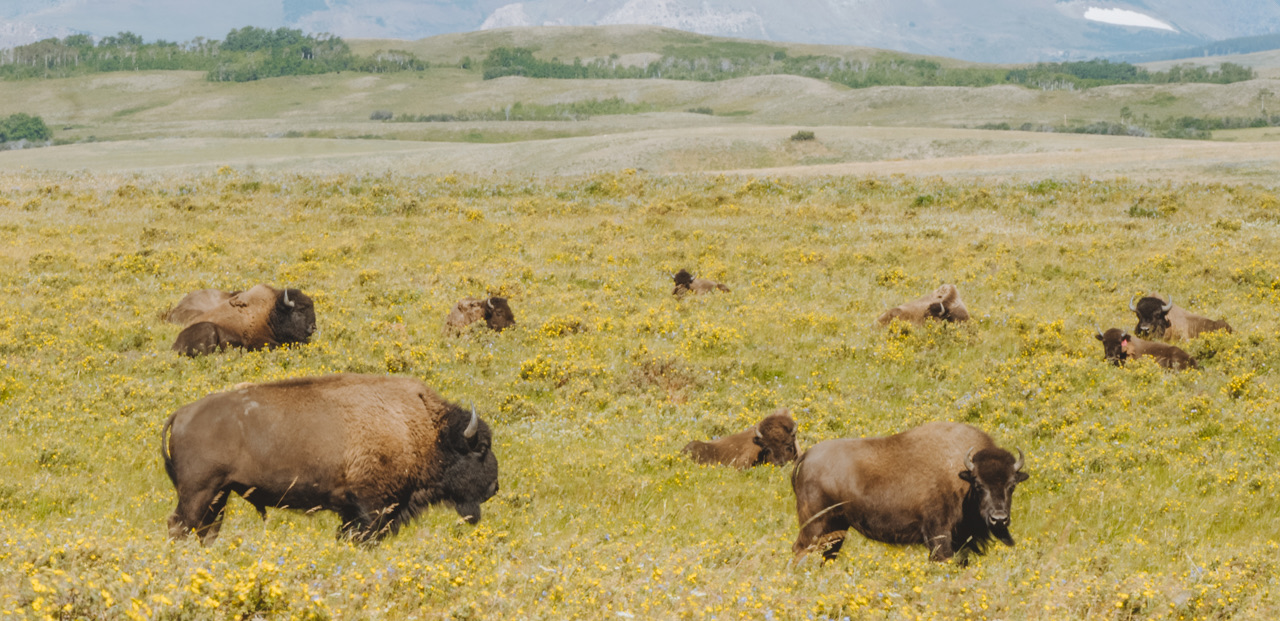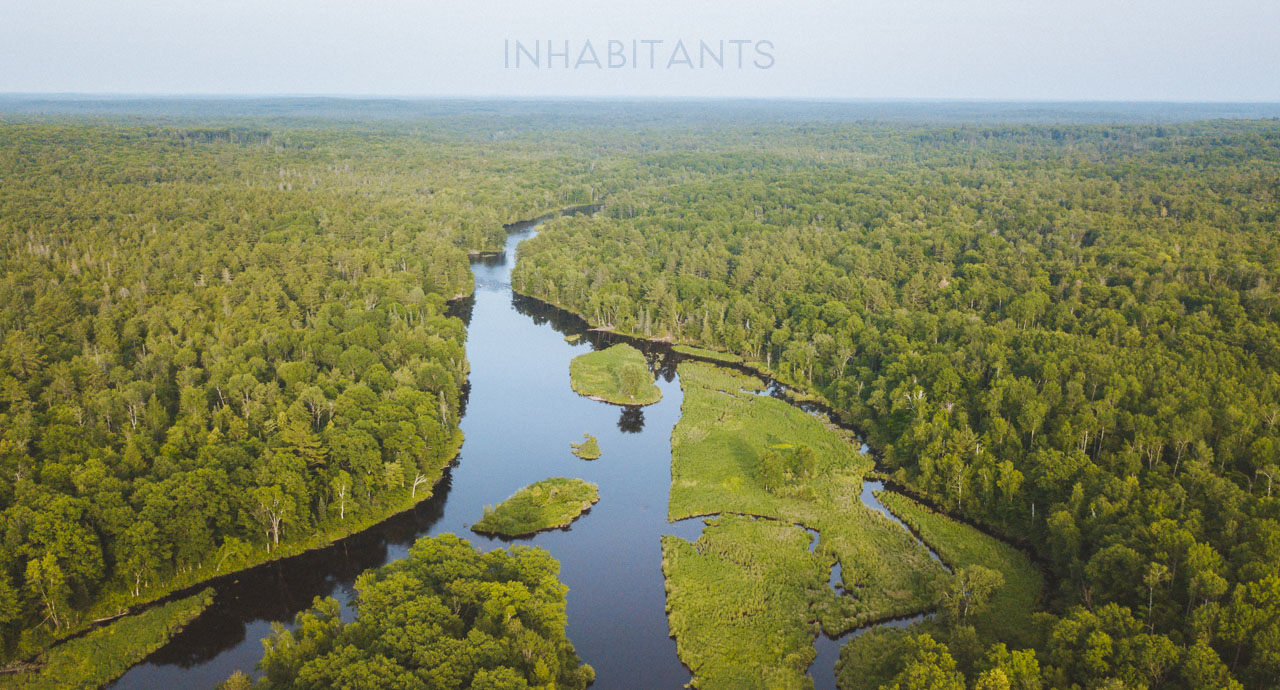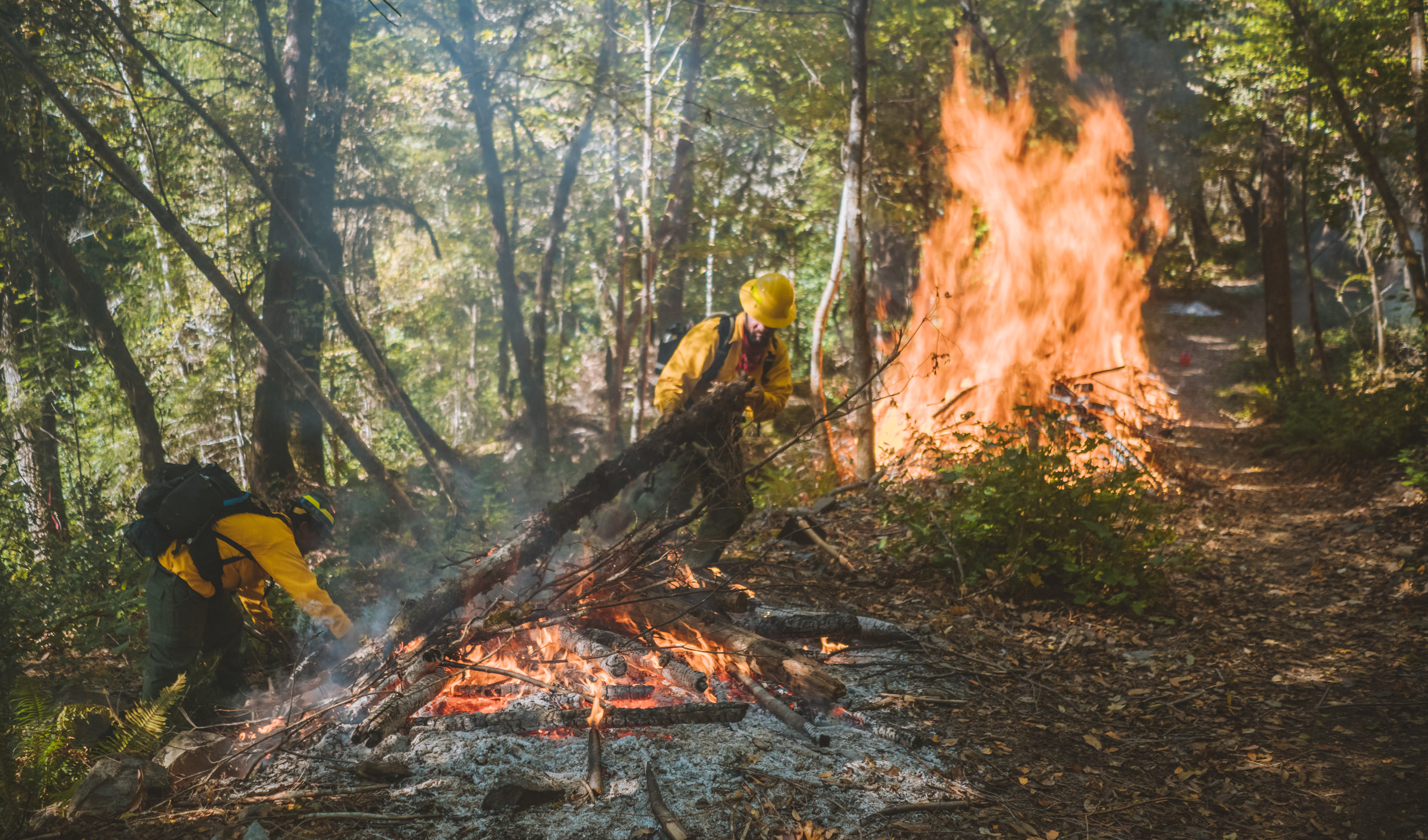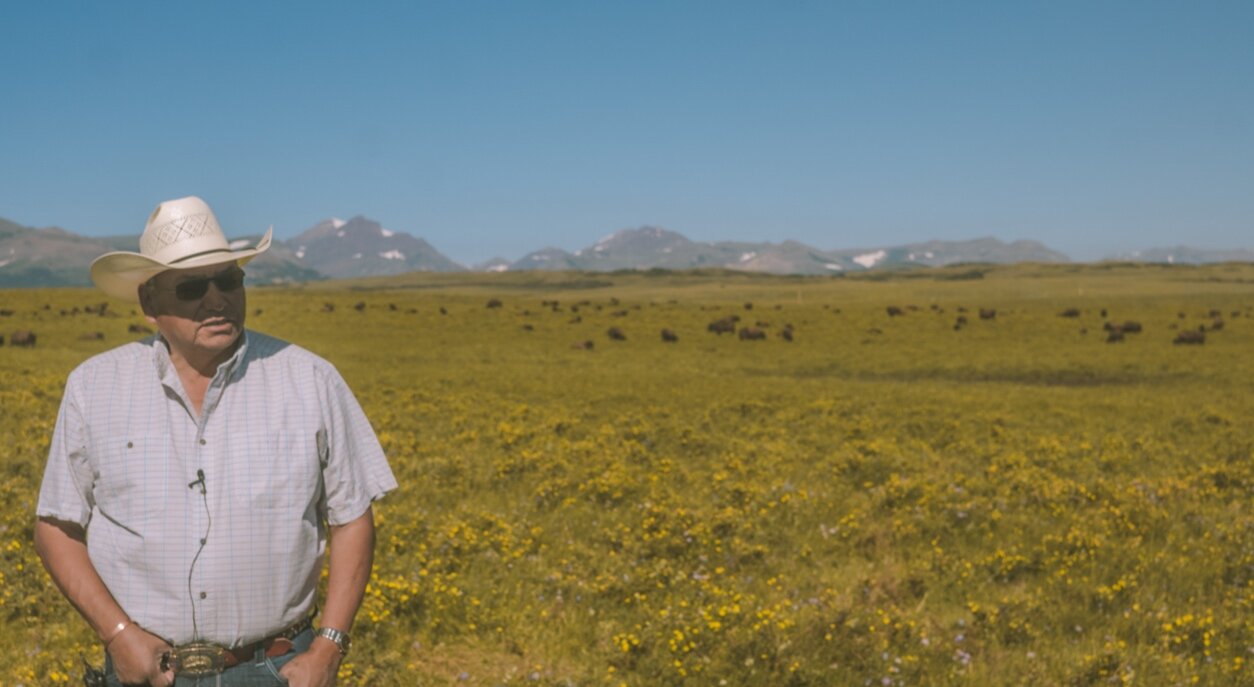Climate change poses an immediate threat to Indigenous Peoples' health, well-being and ways of life. Tribal nations are on the front lines of confronting climate change, including increased frequency and intensity of wildfires, higher temperatures, ecosystem changes, ocean acidification, forest loss, and habitat damage. Climate change also raises questions about what will become of spiritually and culturally significant ecosystem services that are essential to maintaining many tribes’ identities. Indigenous communities are disproportionately harmed by the changing climate as they depend more on natural resources than the US population as a whole. Negative impacts include threats to traditional foods such as fish and crops which have provided sustenance as well as cultural, economic, medicinal, and community health for countless generations.
Emerging threats have galvanized a concerted effort by several tribes to forge ahead with climate-change adaptation strategies. They are leading the way guided by land stewardship via traditional knowledge and are quickly adapting to and even directly counteracting the shifting climate. Examples like the Hopi dry land farming techniques show how to deal with extremely arid and hot weather; the raising of Native Bison on the prairie lands of the Midwest improves carbon sequestration while removing the need for feedstocks; and forest fire management that is being guided by prescribed fire are just a few of the stories that give insight into how much wisdom and importance the indigenous land use practices reflect; and how crucial it is that their story is heard. The individual efforts of five tribes will be integrated into a tapestry of climate solutions that testifies to the enduring power of their unique cultures. The indigenous land management practices in the forests, deserts, prairies and coastlines of North America have much to offer to the current conversation surrounding climate adaptation and mitigation.
The First Peoples are estimated to have lived in North America for 15,000 years. In a few short centuries Native Americans have had most of their population systematically erased, almost all their land taken, and have been forced to deal with the disastrous effects of industrialization on their remaining resources. Tribal communities have proven to be remarkably resilient, surviving in some of the most extreme environments and having endured very aggressive marginalization. Weaving together histories of colonization with the modern resurgence of Native leadership, INHABITANTS tells a story of America’s troubled past and hopeful future. Ultimately, this documentary is a platform to empower Native communities to share their wisdom and expand their influence in decision making about how to steward these lands.










